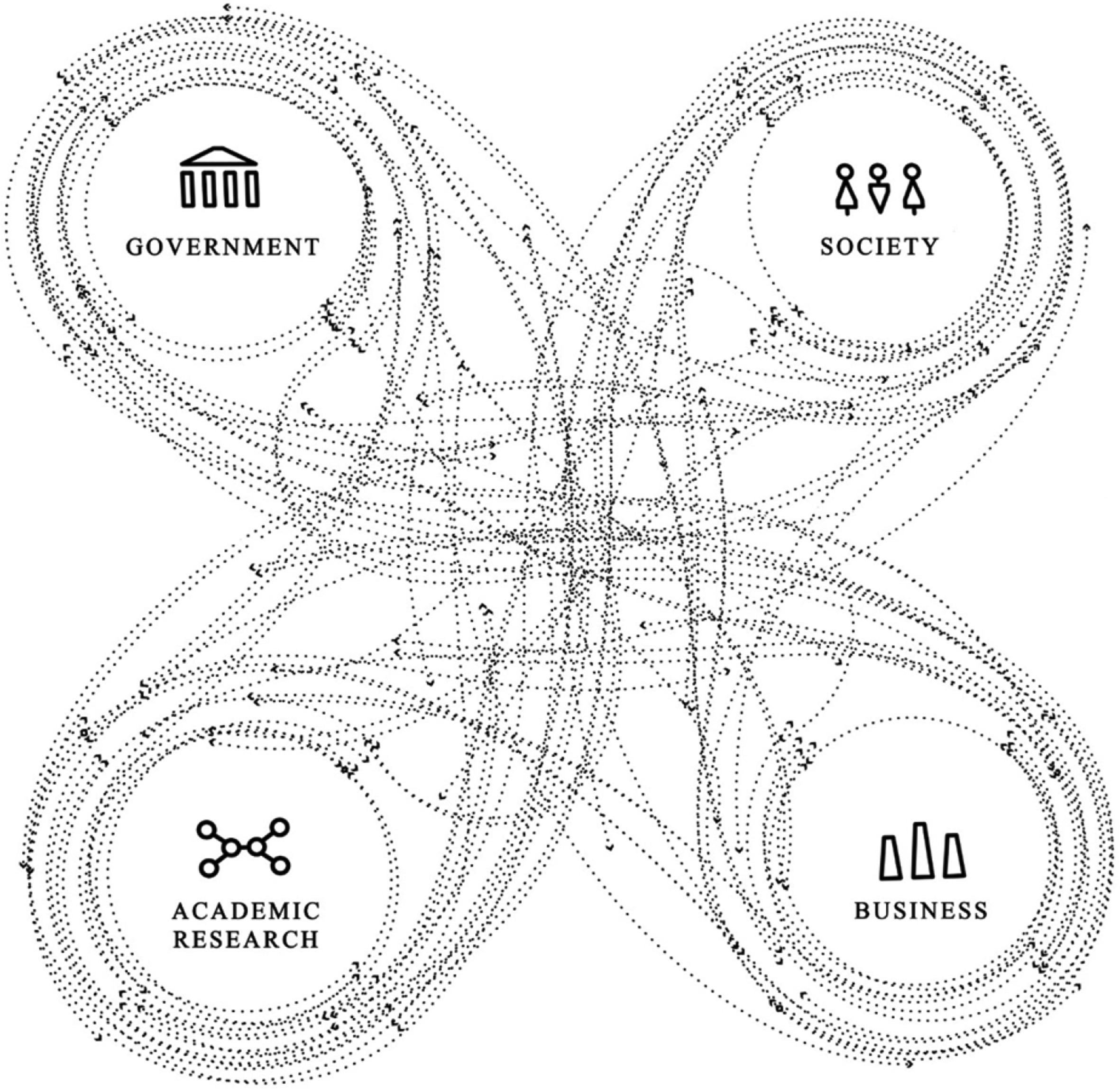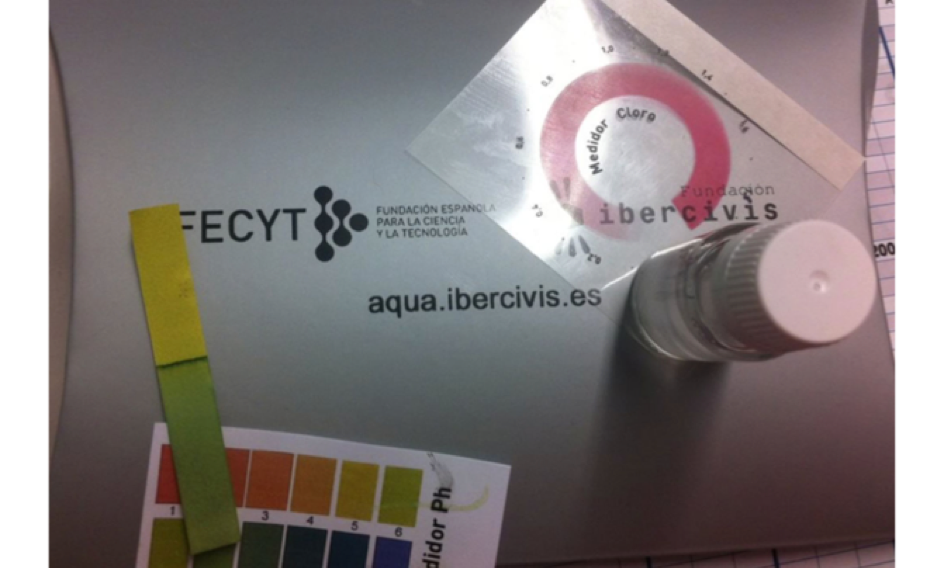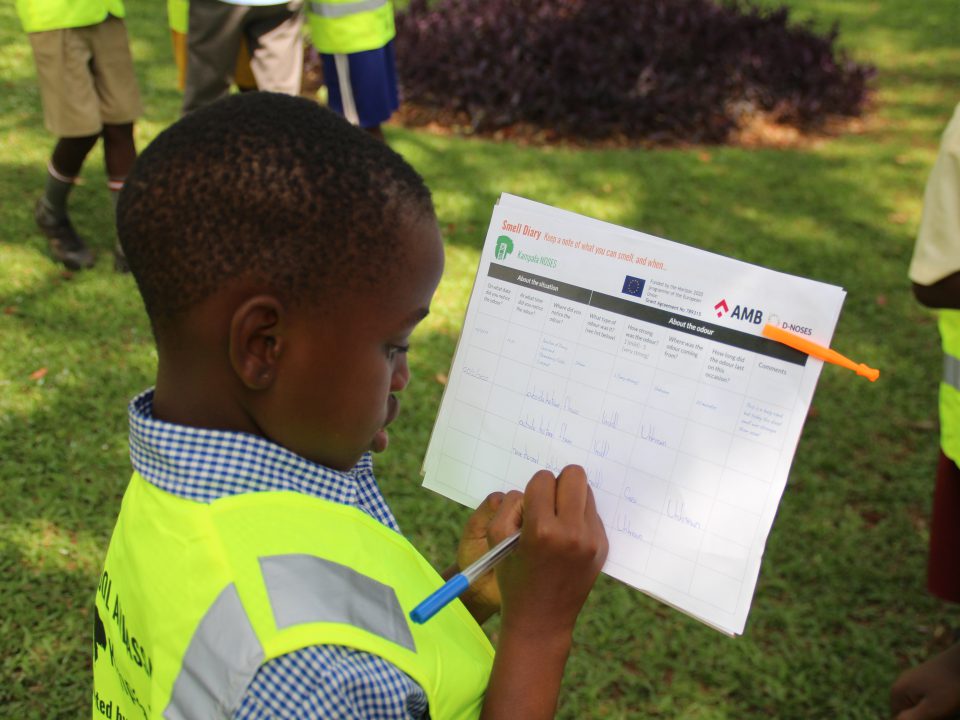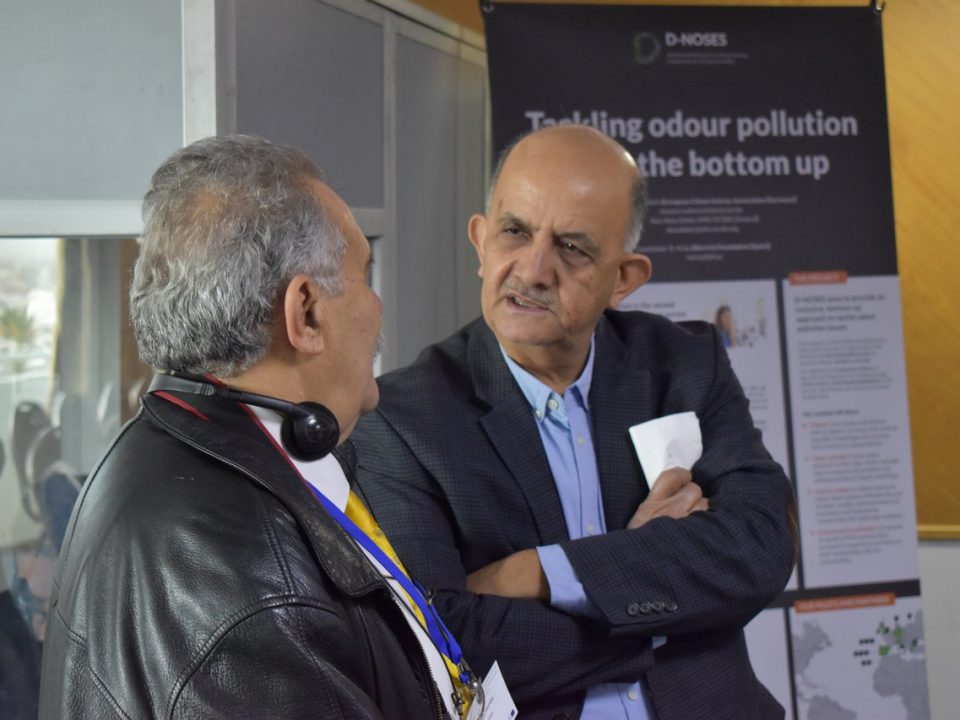
In December, 2019, the 5th EU Water Innovation Conference took place with the aim of accelerating action to tackle water pollution and enhance EU preparedness to water-related climate change impacts. Besides raising awareness about the need and urgency to improve water management across the European Union, the Conference meant to promote an exchange of innovative approaches to bring about smart-water societies. Along this line, D-Noses partner Ibercivis held an insightful workshop to present a series of best practices of citizen science in water-management projects.
To understand what is meant by ‘innovation’, the workshop took a specific approach using the Quadruple Helix model of innovation, which recognizes four major actors in the innovation system: the academia, the industry or business, the government, and the civil society. The workshop took the form of a series of debate centered around four questions.
To begin with, attendees were asked to discuss examples of civil society influence in business/ research and education/public administration sectors, looking at examples related or not to water management issues. Among other projects that were discussed, a Swedish project of water management was presented. The project intends to build an Aquaponik, a recirculation system that cultivates fish in the ground in combination with crops, thereby encouraging actors from the rural private sector to shift to sustainable growing practices and actors from the civil society to get informed and diversify their nutrition.
Subsequently, attendees discussed their level of trust in the effectiveness of citizen science approaches. It sparked an important debate, and it was emphasized that despite difficulties of scale and implementation, the increasing connectiveness of our societies could enable effective communication and participation of different actors in citizen science projects. The importance of fostering a participatory culture was stressed.

Finally, attendees discussed the presence and use of citizen science in their areas and sectors of activity. It was made evident that business agents are the most reluctant to participate in citizen science projects, regardless of the geographical scope. Attendees emphasized the need to establish frameworks of deliberation and cooperation in which all participants benefit from the outcomes of citizen-lead initiatives. Finally, it was showed that ecological peculiarities, such as cultural, geographical and political differences in different areas have to be taken into account, as the validity of specific solutions might not hold in different contexts.
If you are interested in knowing more about citizen science projects and how they take form, please find a list of the cases presented by Ibercivis during their workshop at the EUWIC below.






